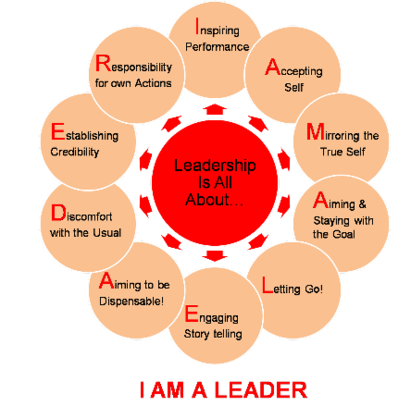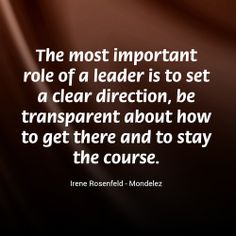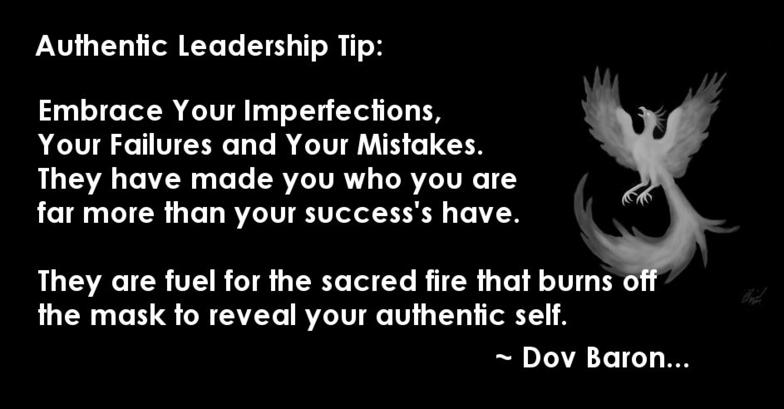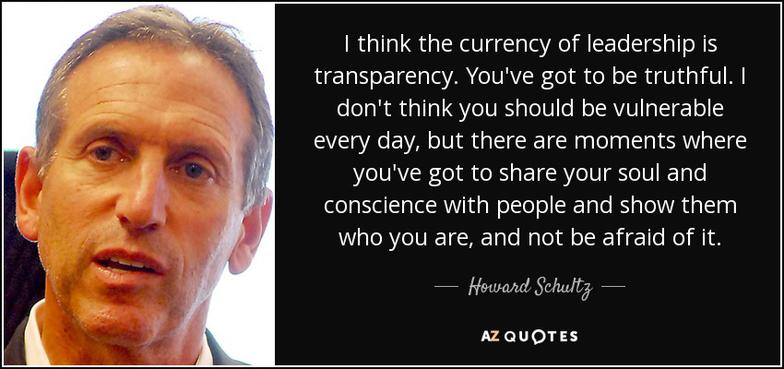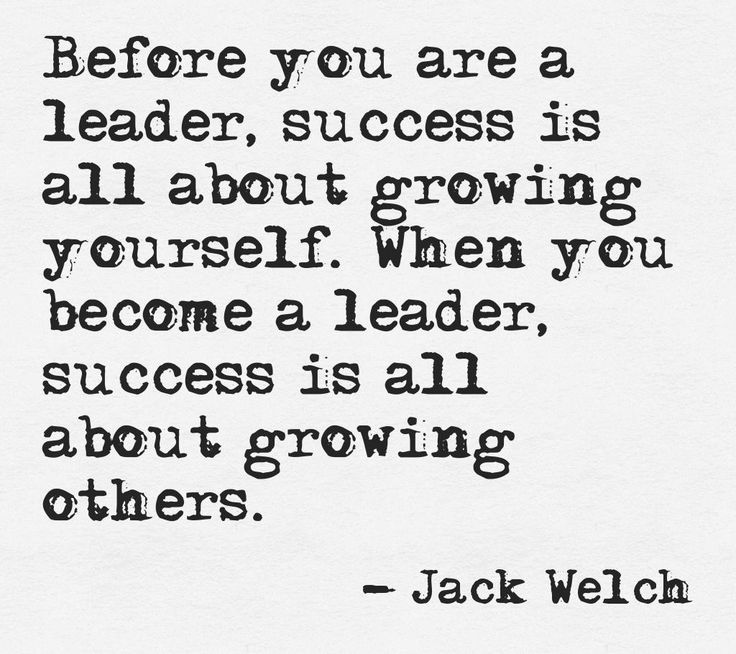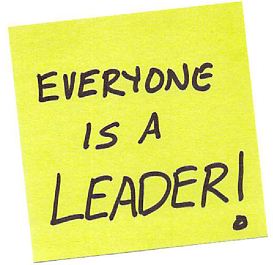LeadershipAdvisoryCouncil.com
"Leadership That Matters" Issues - Strategies - Solutions
WELCOME!
Great leaders are not always born that way. Unfortunately, many management training programs don’t sufficiently emphasize leadership development, but instead focus on fundamentals and the day-to-day tasks that confront managers within the organization. Our Council and this website takes a look at how having vision and then communicating it is the foundation of leadership and contributes to the makeup of a truly great leader.
Today’s business climate of outsourcing, in-sourcing, virtual teams, and ROI-driven objectives can leave a manager at any level feeling powerless. Yet, we often see examples of those who can elicit unwavering support from their teams, driving highly effective projects, and getting the best performance from employees despite ever-increasing workloads. What is it about these individuals that makes them stand out as great leaders? Generally, the answer is the difference between a strict management model and one that includes basic principals of leadership. There are recognizable characteristics in great leaders and simple strategies anyone can adopt to improve employee performance and change the work environment for the better.
Experts have long studied the subtle differences between general management, leadership, and truly great leaders. Thomas Cronin, author of, “ Thinking About Leadership ” observes, “Managers do things the right way , while leaders are more concerned with doing the right thing. ” A focus on managing projects and deadlines leaves little room for leadership activities, but it can be done in a step-by-step approach beginning with awareness and a little common sense.
WHAT MAKES A LEADER?
By: John Cimble
Executive coaching and leadership training helps turn mere managers in to lifelong leaders by instilling a few of the well-known principles involved in becoming a leader. But make no mistake, not everyone can become a leader, but with a little help from a specialised company dealing with executive coaching it means that anyone can now enroll on their leadership training course and be on their way up the career ladder in no time.
The values that are usually required in a leader are the following:
Passion
An effective leader is a person with a passion for a cause that is larger than they are. Someone with a dream and a vision that will better society, or at least, some portion of it. Think of people like Bill Gates or Steve Jobs and their ideology and how they used that to create products to better mankind.
Holder of Values
Leadership implies values. A leader must have values that are life-giving to society. It is the only kind of leadership we need. This then also implies values that are embedded in respect for others. A great leader is someone who empowers people and creates a common belief shared in by all.
Vision
This is a bit different than passion, but in other ways it isn’t separable. If one doesn’t care about a subject, an issue, a system, then one won’t spend the time thinking about how it could or should be different. A great vision can enable many people to care about the end result and is linked to values also.
Creativity
One has to try to think out of the box to have good visions and to come up with effective strategies that will help advance the vision.
These are not all the values a leader should possess but are just some of the well-known ones. These values may need to be adapted in countries where the culture is different. For example, in Bangkok Thailand, you get a high position in a company based on who you know, not your skills. This has lead to major companies with managers who really cannot manage and so a crisis of sorts has occurred resulting in a huge growth in the need for executive coaches.
Right now, no matter what the economy, companies want workers who are dedicated and managers who are competent. Through the right training, gained by using executive coaches, executive coaching techniques and leadership training any manager has the potential to really become a great manager and we all know that the difference between the great companies and lesser ones is how they are run by the managers.
Correctly trained managers, through executive coaching Bangkok, are more likely to lead a successful company than those who are just given the position without any real training or skills. There are many companies that have failed through employing worthless managers so here is hoping Bangkok, Thailand can embrace executive coaching and turn out an all-star workforce and create global companies to be reckoned with.
THE FIVE LEVELS OF LEADERSHIP
By: Lorraine Sy
There is a saying that leaders are not born, they are created. Teambuilding’s develop leadership skills and instills the value of what leadership is about. Maxwell asks "How do you grow a company? By growing the people in it the basic building blocks of every company, institution and organization is human capital.
According to John Maxwell, there are five levels of leadership:
1st POSITION LEVEL LEADERSHIP: People follow you because they have to most of the time these are the type of leaders who just warm their seats and contribute marginally to the organization. On the other hand, it can serve as a platform from which an individual develops himself onto the higher levels of leadership. This is best described by Niccolo Machiavelli "It is not the titles that honor men, but men that honors titles"
2nd-PERMISSION LEVEL LEADERSHIP: People follow you because they want to. Top down relationships are replaced by side-by-side relationships.
3rd-PRODUCTION LEVEL LEADERSHIP: People follow because of what you have done for the organization. This is where leadership really takes off. Maxwell quoted Peter Dricker "There are two types of people in the business community; those who produce results and those who give you reasons why they didn’t" Leadership by example sets the standards visually. The results producing leader attracts other highly productive teams.
4th-PEOPLE DEVELOPMENT LEADERSHIP: People follow because of what you have done for them. The vital part of this level is the need to develop people so that they can lead with you. A productive leader is not enough. A reproducing leader is needed. Sharing leadership with others gives you back time to do something more important. Maxwell stresses that:
"It takes a leader to KNOW a leader,
It takes a leader to SHOW a leader and
it takes a leader to GROW a leader"
5th: PINNACLE LEADERSHIP: People follow because of who you are and what you represent. These pinnacle leaders are a cut above the rest. What sets them apart is they create a lasting legacy that is passed on to the next generation of leaders to continue.
So decide on what your legacy should be. Create and develop that legacy through teambuilding activities.
Command attention
Get people to say yes
Generate more business
CircleForAction.org
CommunityWide Issues Strategies - Solutions
CommonSense RoundTable Discussion






